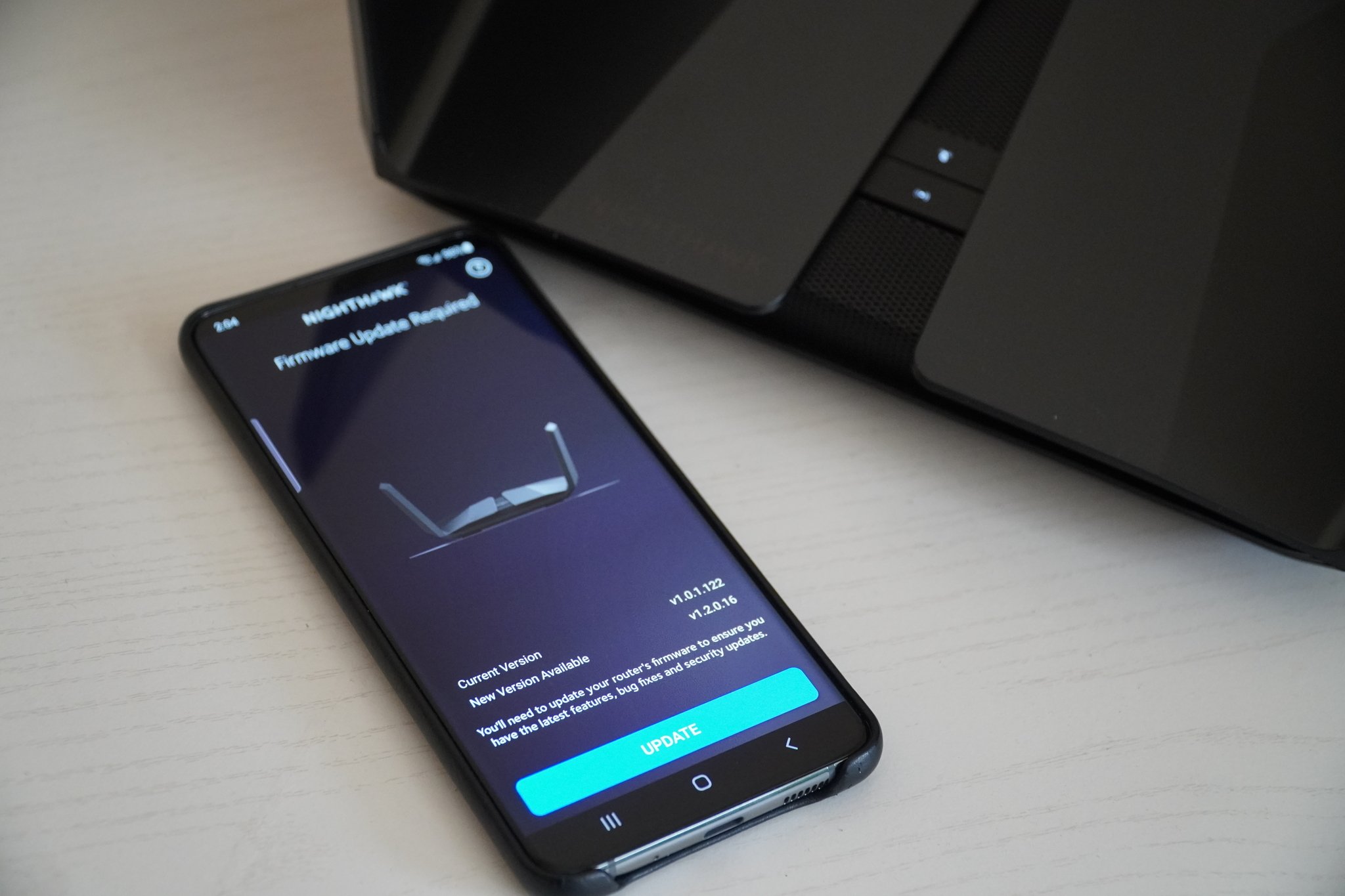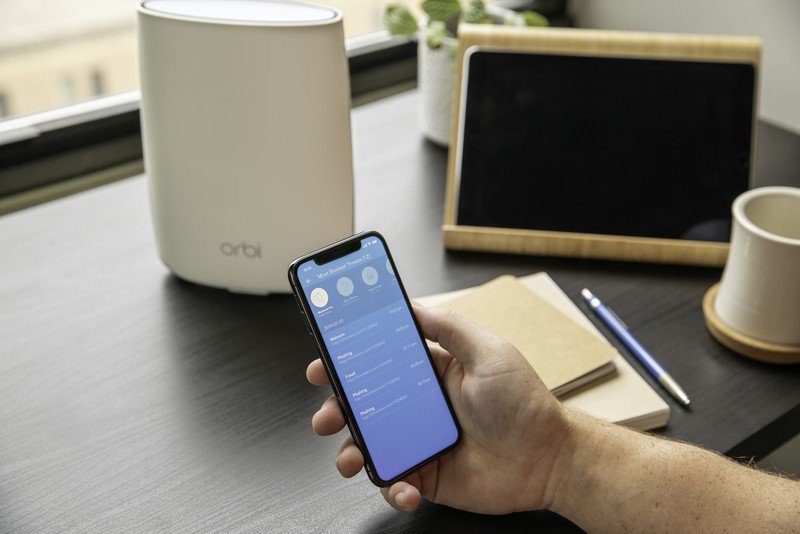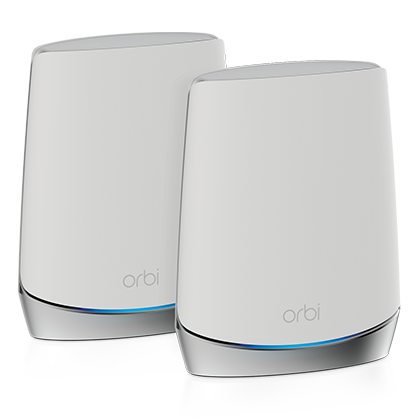Netgear Armor expands to protect all connected devices and adds new features

What you need to know
- Netgear Armor is bringing more features and improved security to Nighthawk and Orbi routers.
- Netgear Armor's price is increasing to $99.99 from $69.99 with the new features.
- The update is coming to most Netgear routers that already had Netgear Armor included.
Netgear Armor is a security software package available on many Netgear Nighthawk and Orbi routers like the Nighthawk RAX120 we reviewed earlier. Netgear Armor is powered by Bitdefender, and unlike traditional security software, it installs on the router rather than your connected device. This package previously cost $69.99 per year and included protection for your connected devices as well as Bitdefender security that could be installed individually on your devices.
Netgear and Bitdefender are increasing the price to $99.99 per year, but they're also packing in a bunch of new features. New Netgear routers come with a 30-day free trial. This update mainly adds security features for all of your connected devices, including security cameras, smart TVs, speakers, as well as tablets, PCs, and smartphones. This is accomplished by using a single layer of protection on your router to scan connections for security risks.
The five biggest updates to Netgear Armor are Sensitive Data Protection, Anomaly Detection, Brute Force Protection, DDoS Protection, and Exploit Prevention.
Sensitive Data Protection is a feature that blocks attempts to send private information of non-encrypted connections. This includes apps that don't have secure connections. If an attempt is blocked, users will receive a notification from Netgear Armor with details. Users are still free to browse non-HTTPS sites.
Anomaly Detection uses machine learning and cloud correlation to learn the typical behavior of a connected device. Over about 10 days of being connected, the device's typical connections are remembered, and if an unusual connection attempts to reach that device, it can be blocked before it gets there. This can be done without affecting the normal operation of the device as well.
Brute Force Protection protects your devices from bots that use unlimited attacks to compromise your password. DDoS Protection protects your network from denial of service attacks that attempt to compromise your network by flooding it with packets. Finally, Exploit Protection allows the router to protect your devices with known vulnerabilities, so users don't have to worry about replacing those devices.
Netgear points out that this eliminates the need to pay for multiple subscriptions for your devices and instead only need to pay once. You can install Bitdefender's security software on each of your devices for protection when you're online away from home, such as on public Wi-Fi. You also get 200MB of VPN usage per day if you want even more security on the go.
Get the latest news from Android Central, your trusted companion in the world of Android
If you want to try out Netgear Armor, you'll need a compatible Nighthawk or Orbi router with Netgear Armor support. That includes many of the best Wi-Fi 6 routers and best Wi-Fi 6 mesh routers. A few older Nighthawk routers didn't make the cut. The RS400, R7000, R7000P, R6400v2, R6700v3, R6900P, R6900, R8000, R7900, and R7850 previously supported Netgear Armor but will not be updated with the new features.
While Netgear Armor includes quite a lot of value, even considering its increased cost, quite a few people won't be willing to pay for it. Many Asus routers include AiProtection, and some TP-Link routers include HomeShield or HomeCare, which improve network security for free or less even if it's not as advanced.

When Samuel is not writing about networking or 5G at Android Central, he spends most of his time researching computer components and obsessing over what CPU goes into the ultimate Windows 98 computer. It's the Pentium 3.



